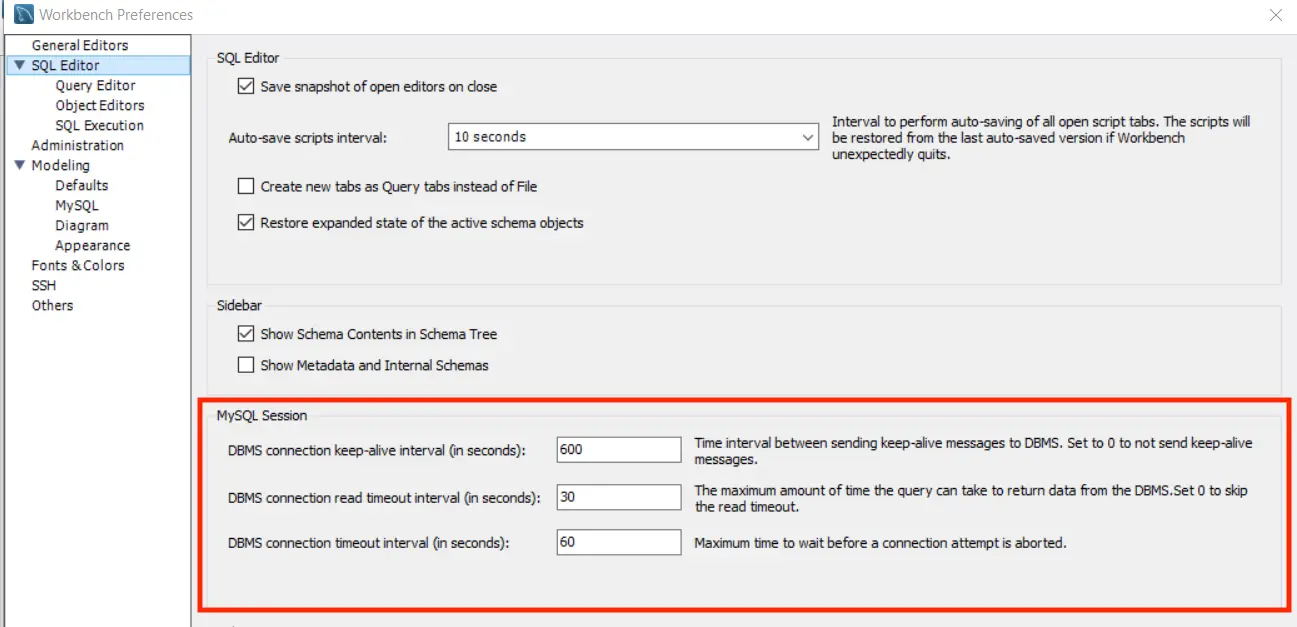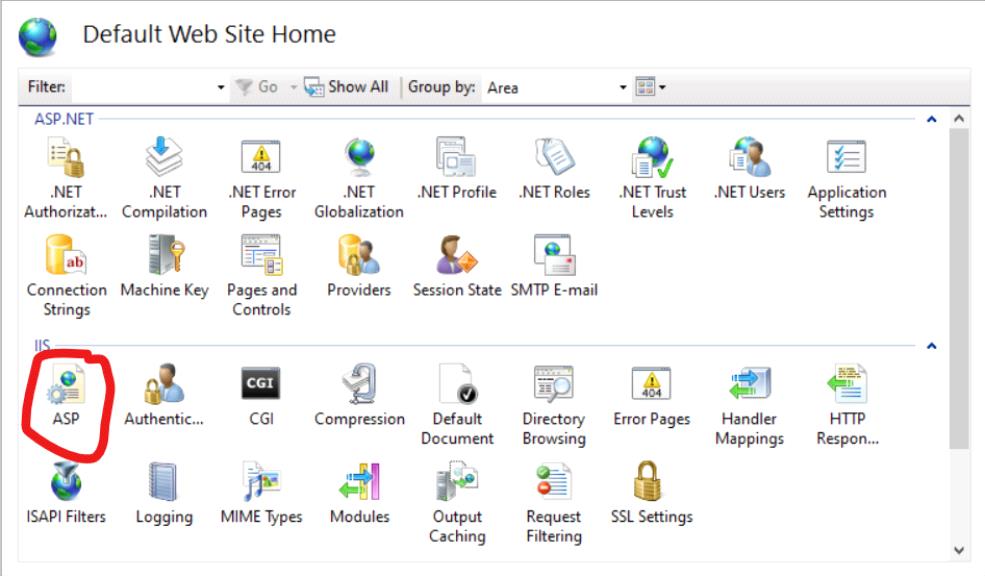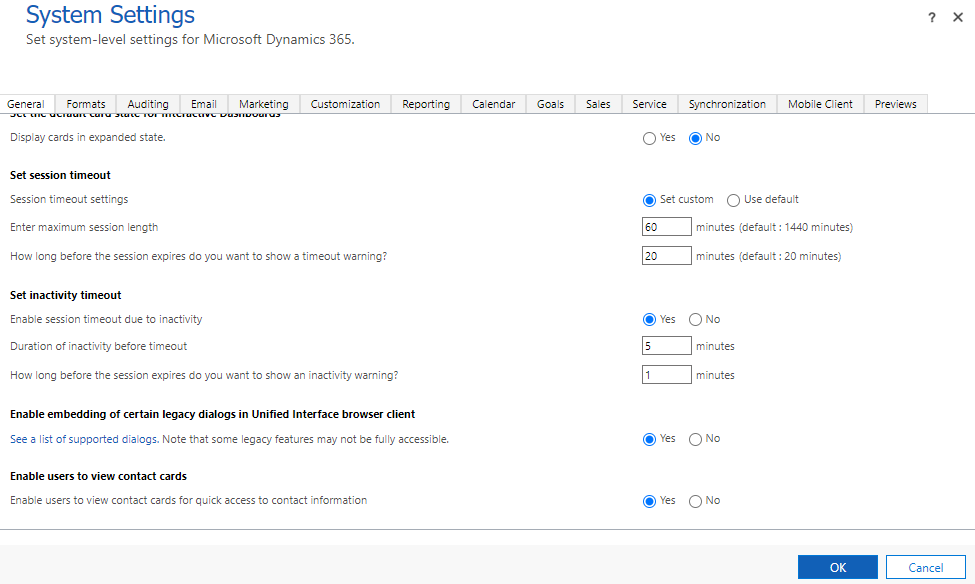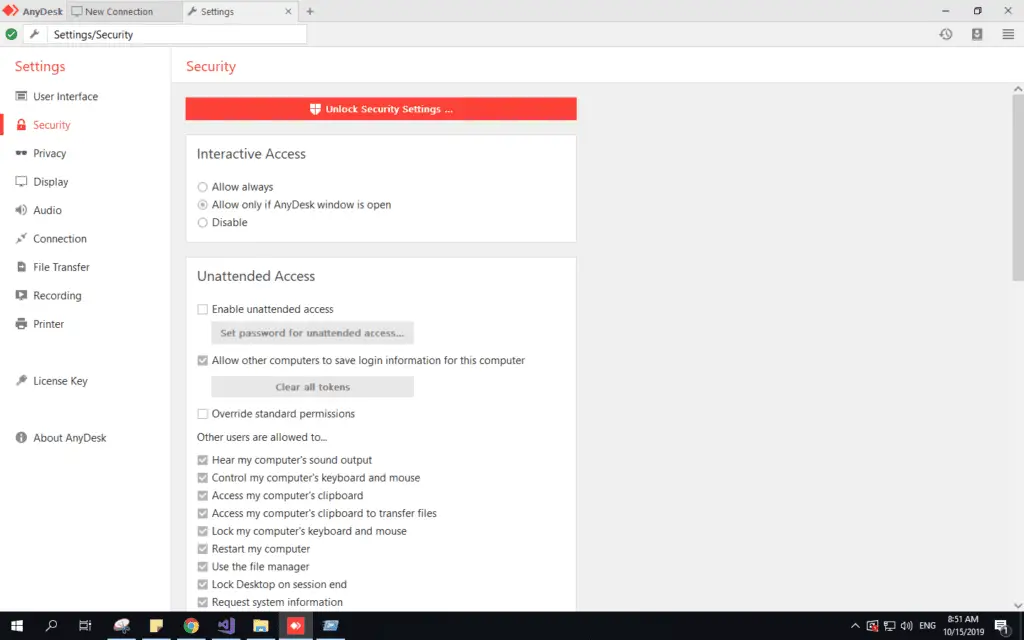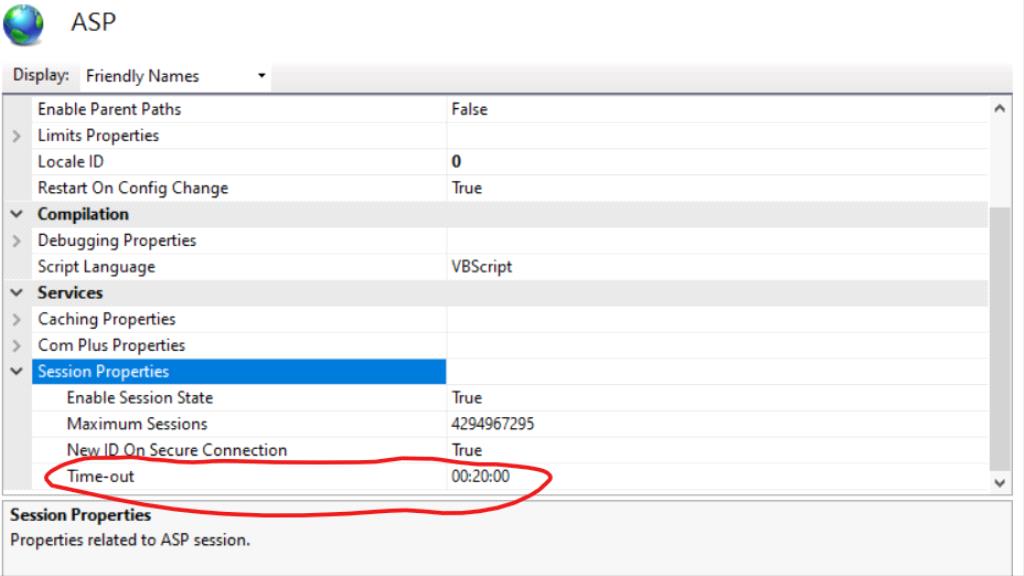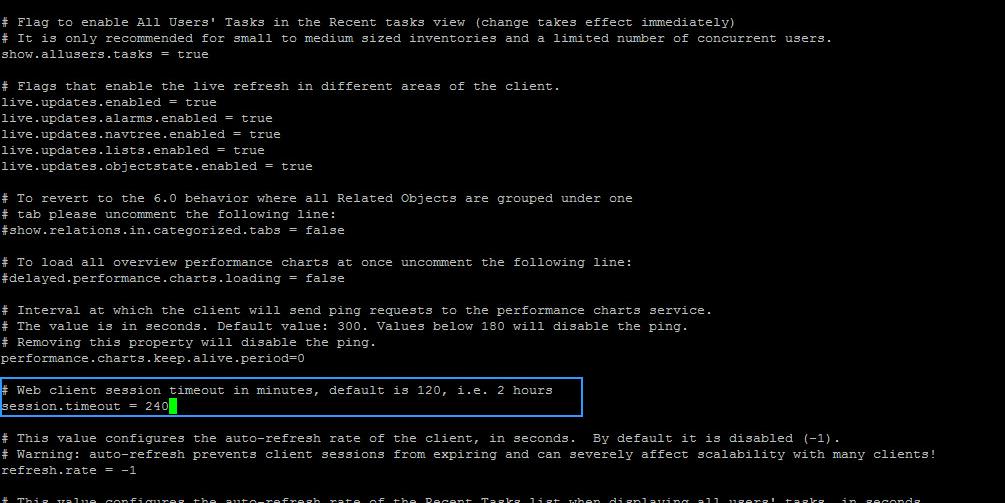Can’t-Miss Takeaways Of Tips About How To Increase Session Timeout In Php
Search for the session.gc_maxlifetime directive in the file.
How to increase session timeout in php. How to increase session timeout in php? I have an spa app that uses laravel passport. For the web, i am using sessions.
Its location may vary based on your server setup. We can use the session_unset () function to unset the. Select options at the top of the page.
This directive sets the maximum lifetime of a session in. Select the current value for session.gc_maxlifetime. How to increase & set the default session timeout in php code snippet we recommend that you use the session.gc_maxlifetime environment setting whenever.
Enter a new value into the. Look for the session.gc_maxlifetime directive in the file. I'm still new in php language and trying out on how to set session timeout, which ensure that when user log in to their account, it will limit to few minutes / 1 hour.
Session variables are set with the php global variable: By default, a session in php gets destroyed when the browser is closed. Another way to set php session timeout is by using the ini_set () function in a php script.
If you are using the subdirectory. If you want to start a session with php, you can use the session_start () function. Under the software heading, select select php version.
In php, session timeout is controlled by the session.gc_maxlifetime directive in the php.ini file. To set the session timeout in php, you can use the `session_set_cookie_params` function. Generate session variables after starting a.
Configure php.ini locate and open your php.ini file, which contains php configuration settings. If i set my session.lifetime to 5 minutes, sit on the login page for 5 minutes,. You can set the session time out in php.ini.
60 for one minute} increasing the timeout in your script itself by. Search for the session.gc_maxlifetime directive,. 8 answers sorted by:
In some distributions, this file is stored in /etc/php.ini. Increasing the timeout in php.ini by adding a line: 87 first, store the last time the user made a request <?<strong>php</strong> $_session['<strong>timeout</strong>'] = time();
